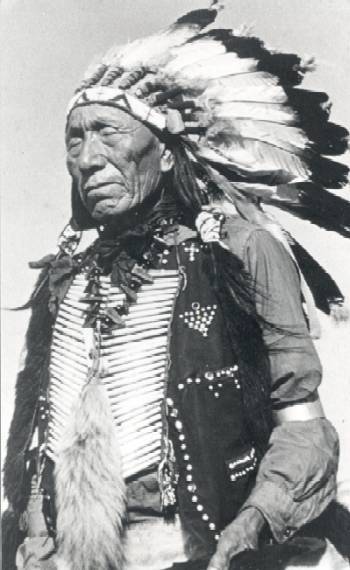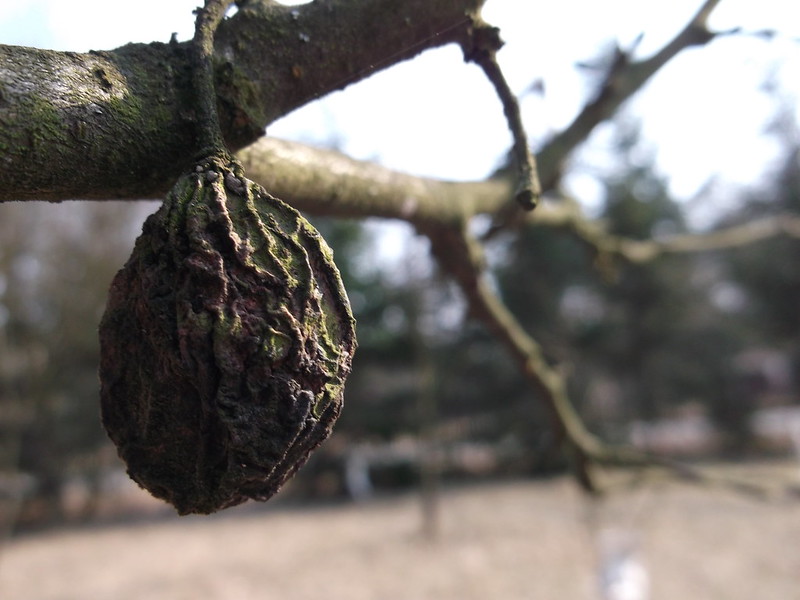Sexual slavery: average lifespan is 7 years…
Dear Readers,As you know, I have been highlighting the sex trafficking industry in the United States. We have gotten a lot of feedback in comments and other conversations regarding this issue. I am the first one to admit, that I truly didn’t realize, or have an awareness about the magnitude of trafficking young girls and boys on American soil. As a mother of four, two girls and two boys,….I was heart broken. I couldn’t wrap my head around the horrific abuse these young precious ones must endure…it gripped my soul.
Then, I became friends with Melissa Woodward, founder of For the Sake of One. This is one ministry, among many ministries and organizations that are trying to stop sex trafficking. She is also a survivor, which is very rare. She barely made it out alive. You can read her story in the previous posts.
I was on the phone with her the other day, and one of the statistics she cited shook me to the core. She said the average expected lifespan of a young trafficked child is 7 years. Meaning, once they are put into the industry, within 7 years they will be dead. Many are beaten to death, shot, get sick and receive no treatment, or like Melissa, might be thrown into a trash can after a ‘buyer’ wants to act out a deadly fantasy…they simply die, or are left to die…
Sex trafficking is an issue everyone in America can come together on. There is no politics, economic background, tax bracket, or religion, that can divide the hearts of Americans coming together to put a stop to this industry. It’s purely evil and deadly. It is affecting our youth and generating billions of dollars in the United States. It is an industry that is fueled by pornography. The pornography industry is one of the biggest revenue generators in the entire world.
There is so much we can do! We can give our time, or financial resources. We can put pressure on retailers, and television networks to stop allowing porn related materials in their stores and networks.
If you can’t give resources, at least be aware and teach your children and teens what to watch out for. I would also ask you to post this video to your Facebook pages. Help others be aware too. Perhaps, they were like me, and didn’t really realize the scope of the problem in the United States- And by the way, statistically, New York state is one of the top states for sex trafficking…
Sincerely,
Liz
Jun 8, 2012 by DKnabe
In Los Angeles County, girls, as young as 11 or 12, are being bought and sold on the streets as prostitutes. These young girls are being manipulated by pimps and put on the streets to make money. A trafficker can make over $140,000 annually off of one girl and most have more than one girl in their stable. MANIPULATED is a gritty and real look at this issue that is not just happening "over there."
Music Credit: Chromatics, Cliff Martinez
Source:
http://www.youtube.com/watch?feature=player_embedded&v=tJlkLFSmbb4
Many other videos here.
Source:
Sexual slavery: average lifespan is 7 years… - Joy In These Days - timesunion.com - Albany NY






